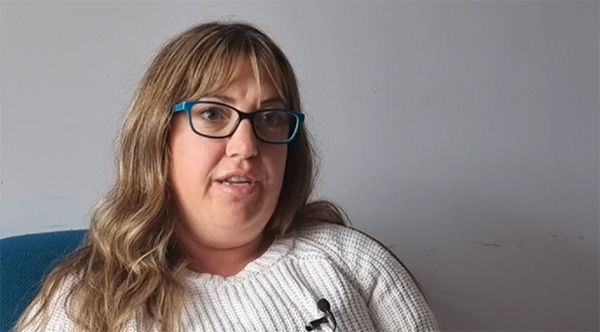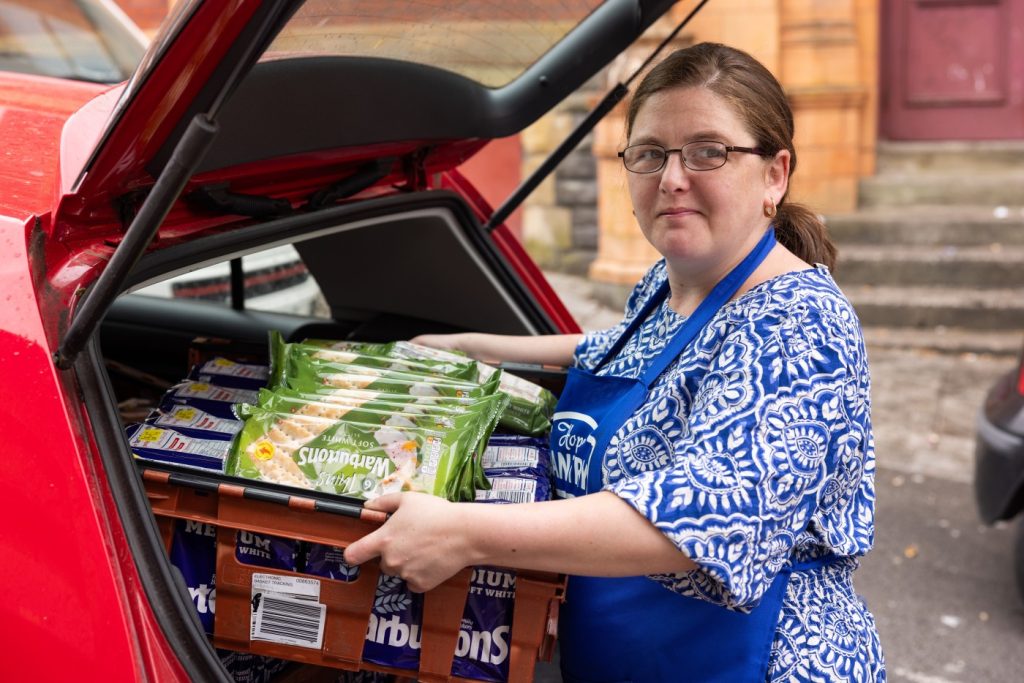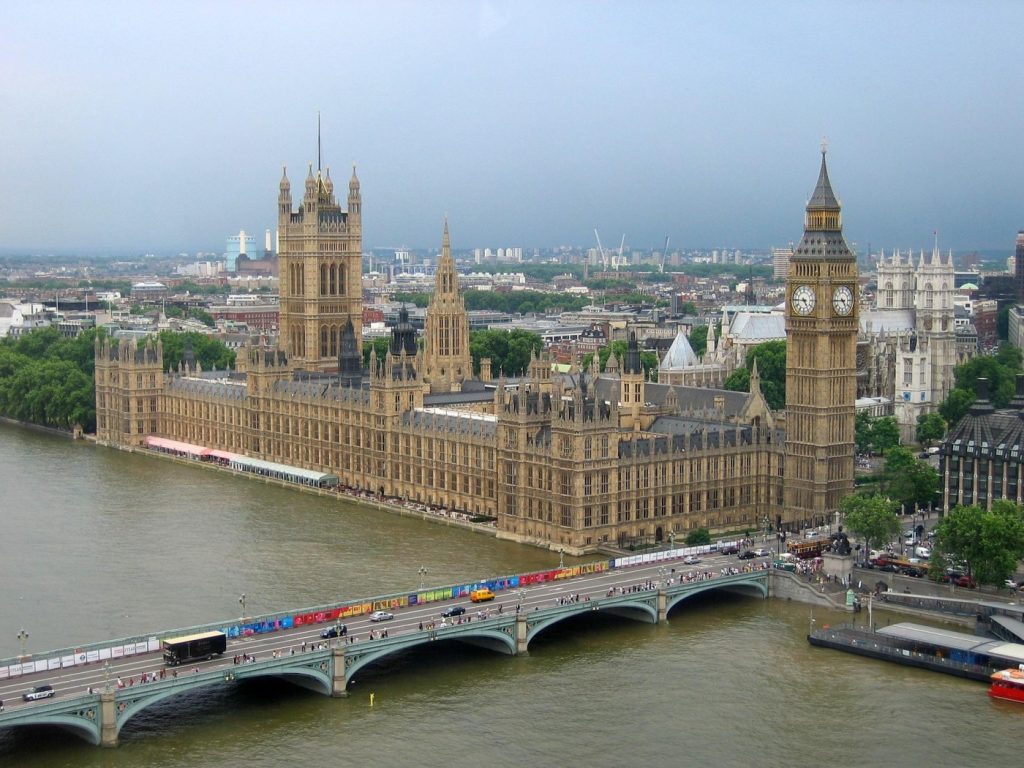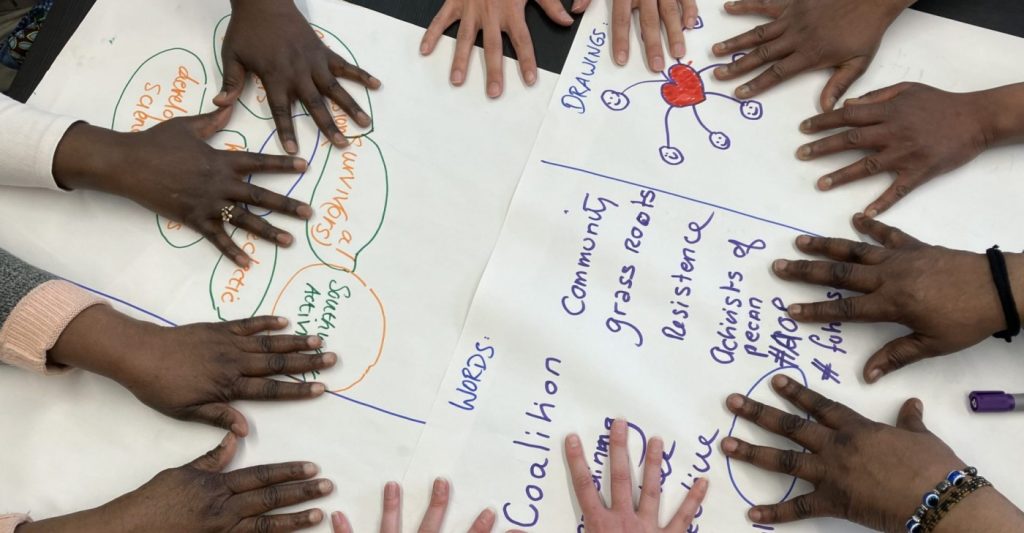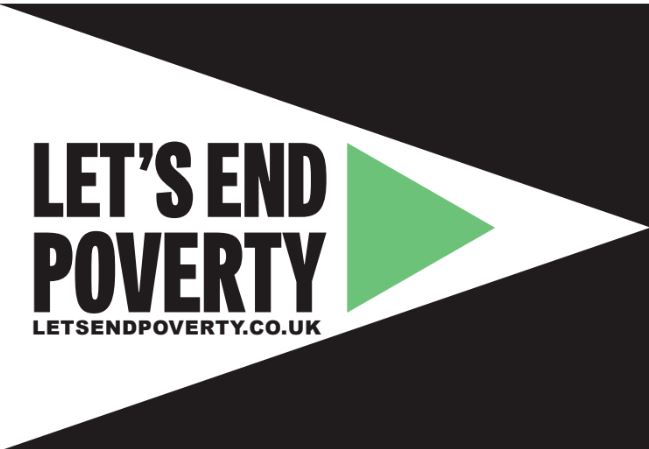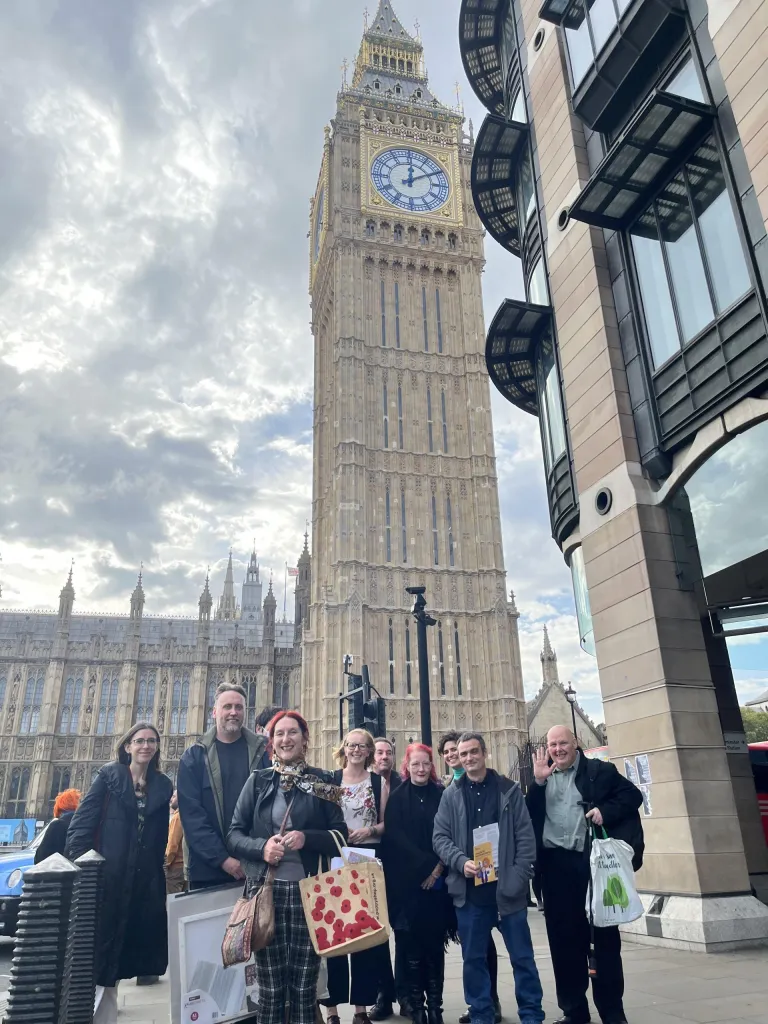There are severe financial, health and emotional consequences across our community when people’s incomes are squeezed like this, but there is also a huge threat to our shared human dignity.
For all our differences across society, there is one common aspiration – we all want to live with dignity, and to be able to participate fully and freely in our communities.
And we all want that dignity, not just for ourselves but for each other. It is not so long ago that millions of us joined the collective mutual aid effort during the pandemic, because we are intrinsically unhappy seeing our neighbours going without.
In our communities, when one of us suffers, we all do. Polling earlier this year showed that almost nine in 10 UK adults says more should be done to tackle poverty in this country. There’s an overwhelming appetite for change, and it’s time for the country’s politicians to heed that call.
The dignity of people on low incomes is consistently threatened. Sometimes by powerful employers who don’t pay people enough to live on. Sometimes by politicians who choose to keep benefits debilitatingly low. Sometimes by unequally distributed care that isn’t sufficient for everyone. And sometimes by entrenched power structures that exclude people who know first-hand what life in deep hardship is like.
This isn’t right, but it can change. This week is Challenge Poverty Week in England and Wales, a week in which hundreds of people speak up about solutions that are working well at local level, and which could be emulated more widely.
You might hear about Poverty Truth Commissions, which bring people together at town or city level, merging people’s myriad of expertise and insights – crucially, paying as much heed to the voices of residents as professionals. There have been successful ones already in Leeds, and a York one is ongoing, bringing together the people who make key decisions and the people who are most impacted by them.

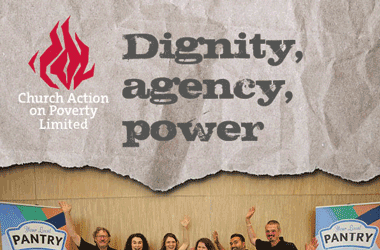
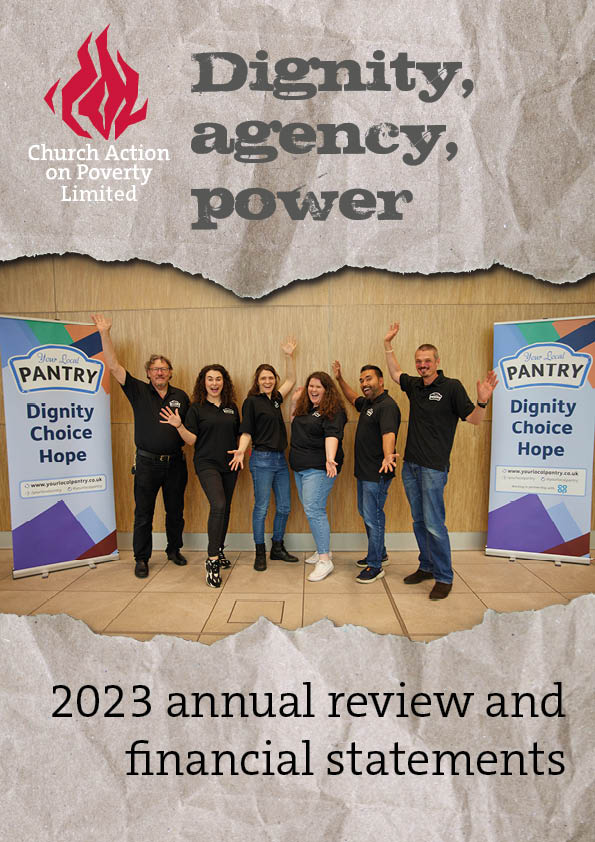
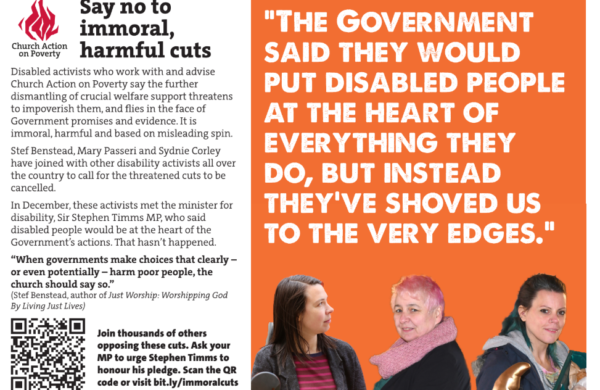
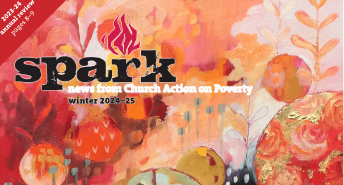
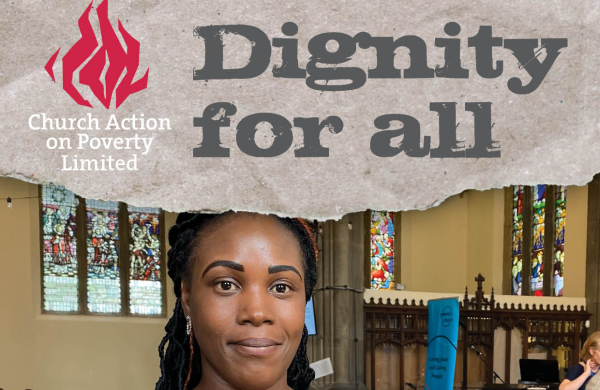
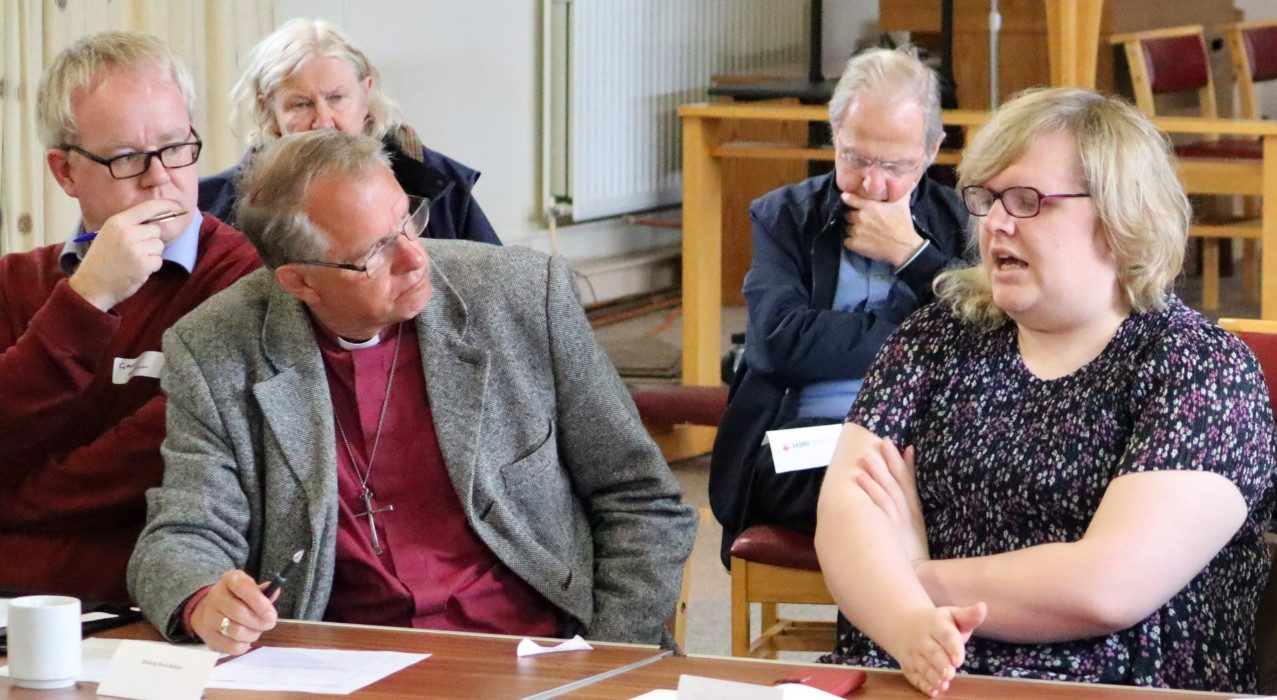
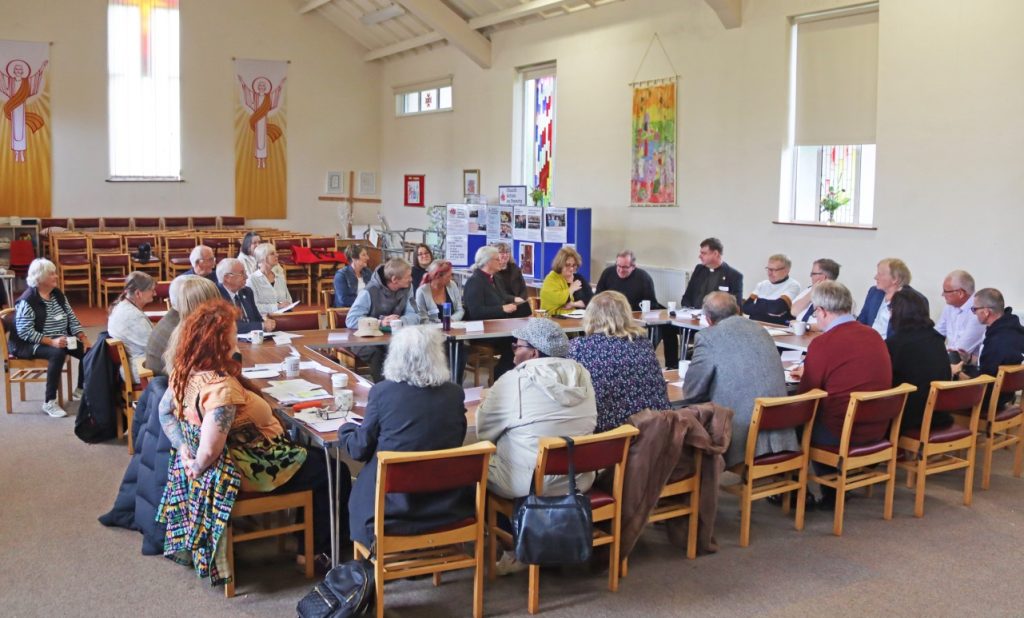
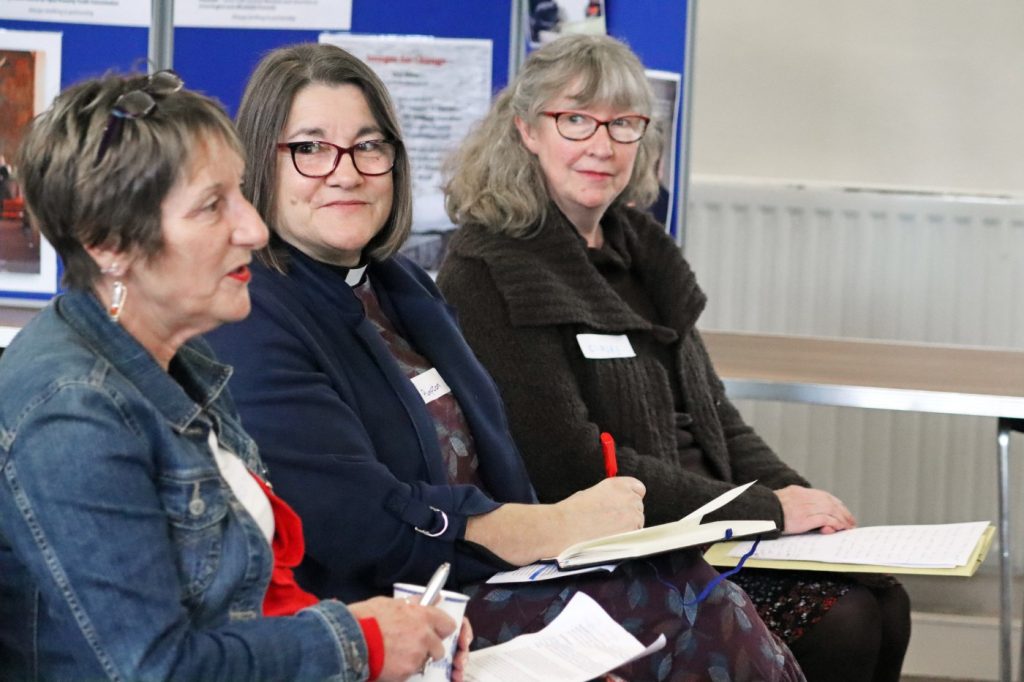
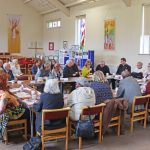
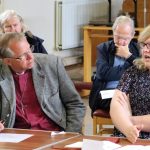

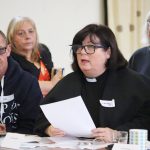
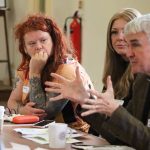
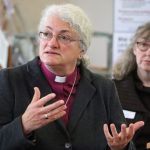
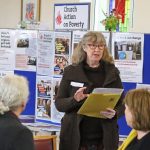
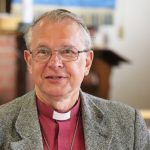
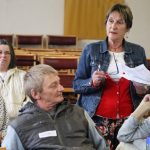


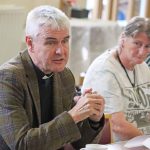

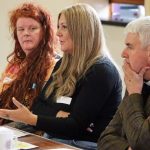





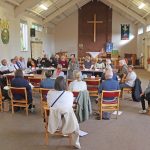
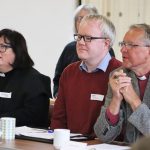
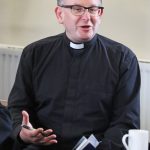
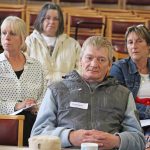

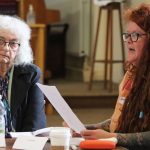
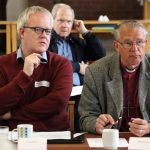

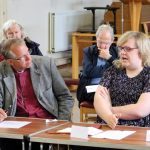
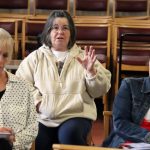
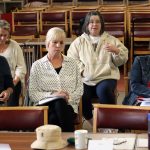
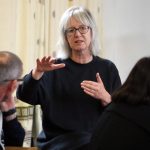




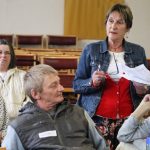
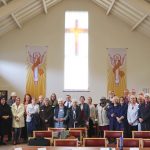
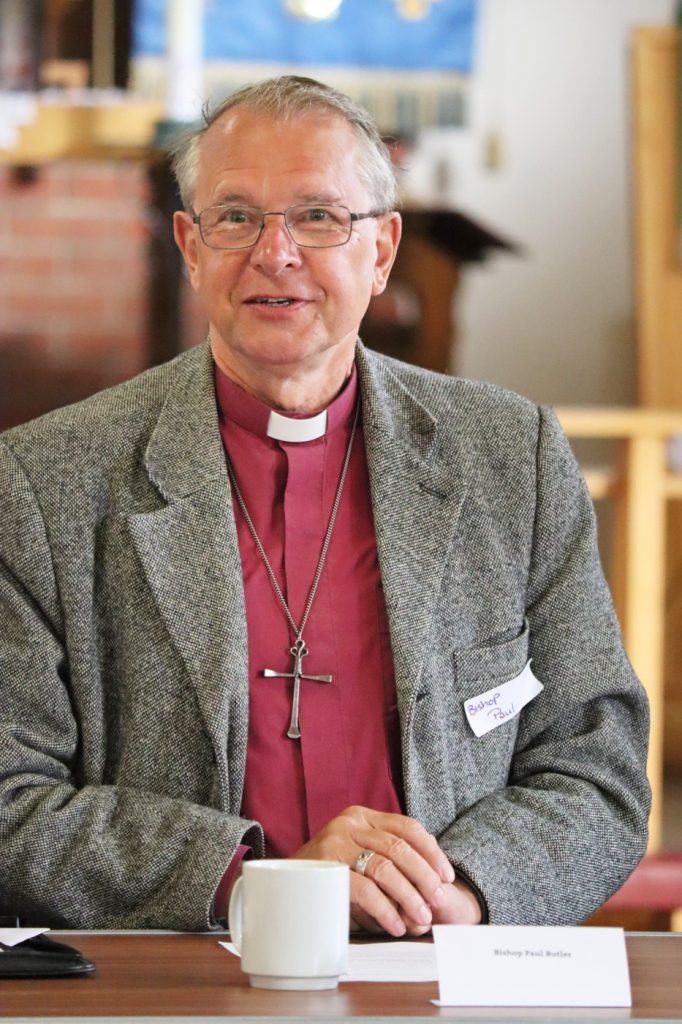
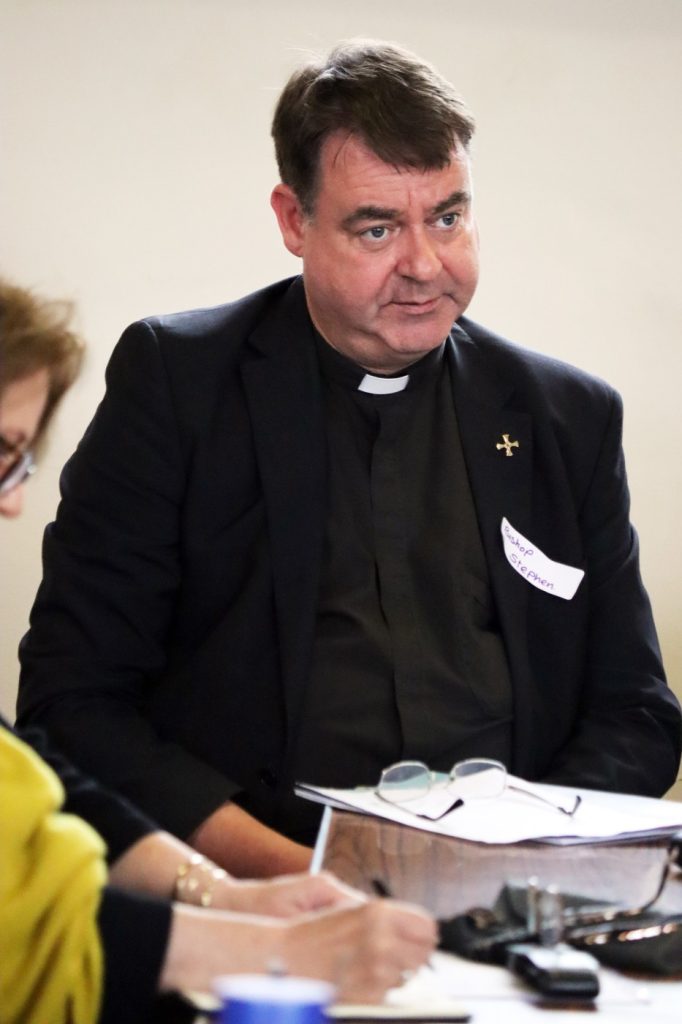
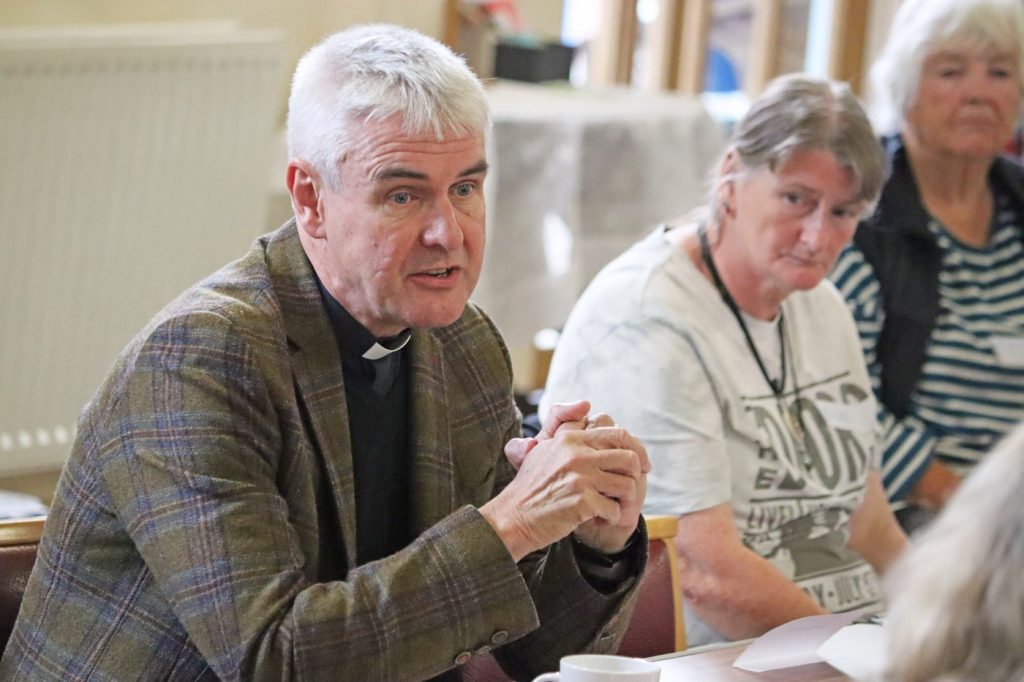
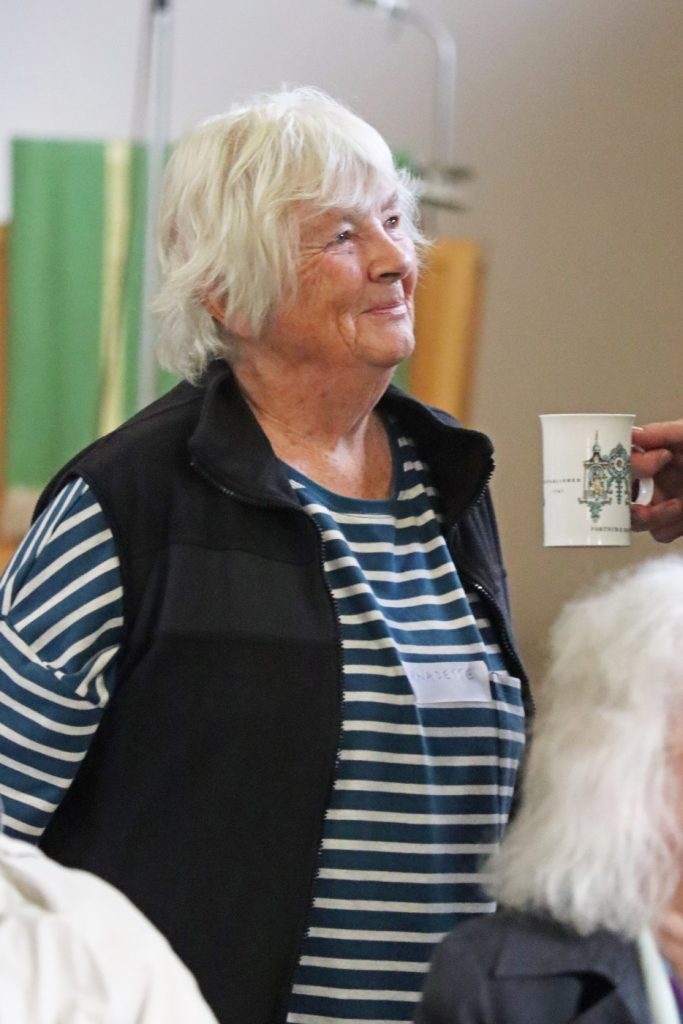
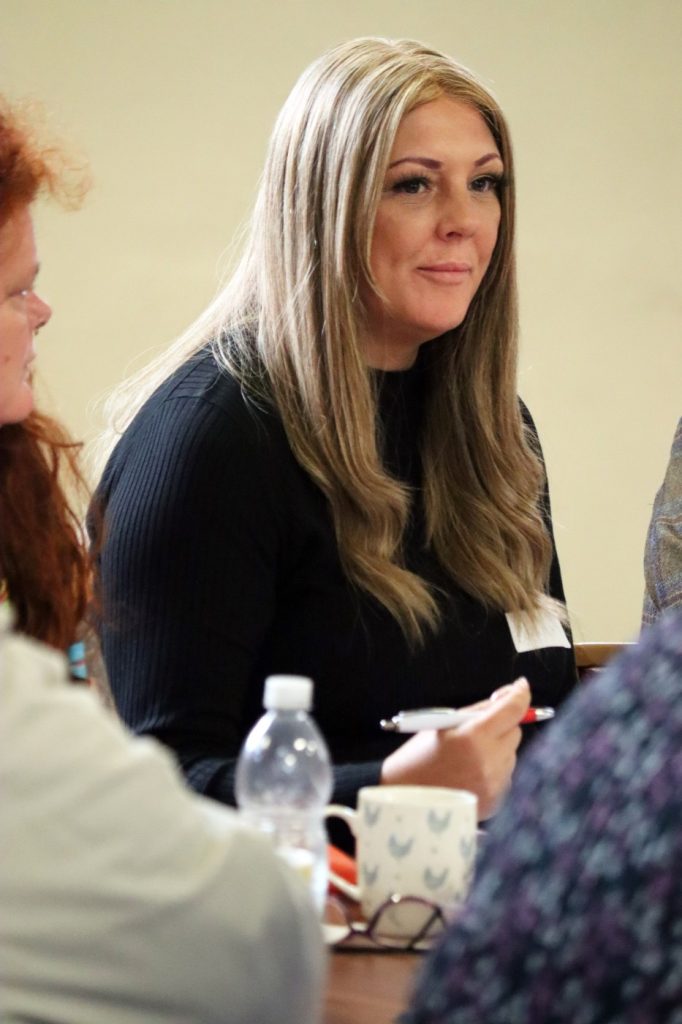
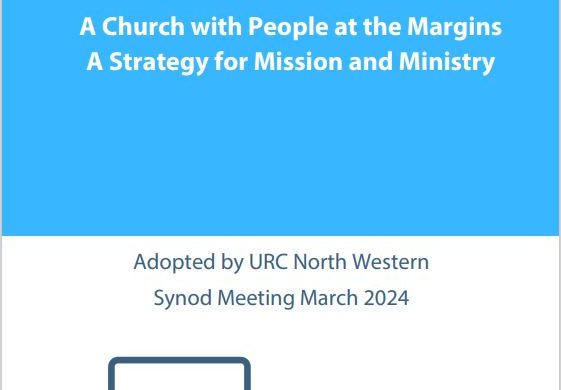
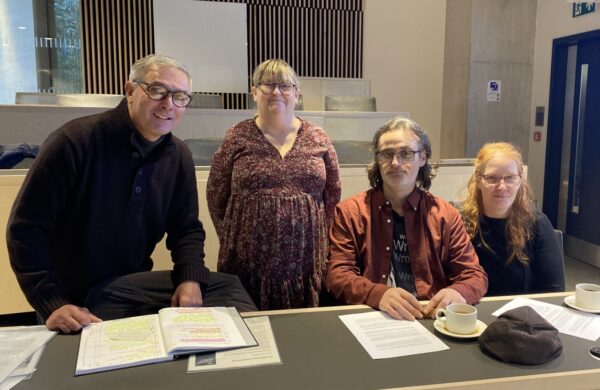
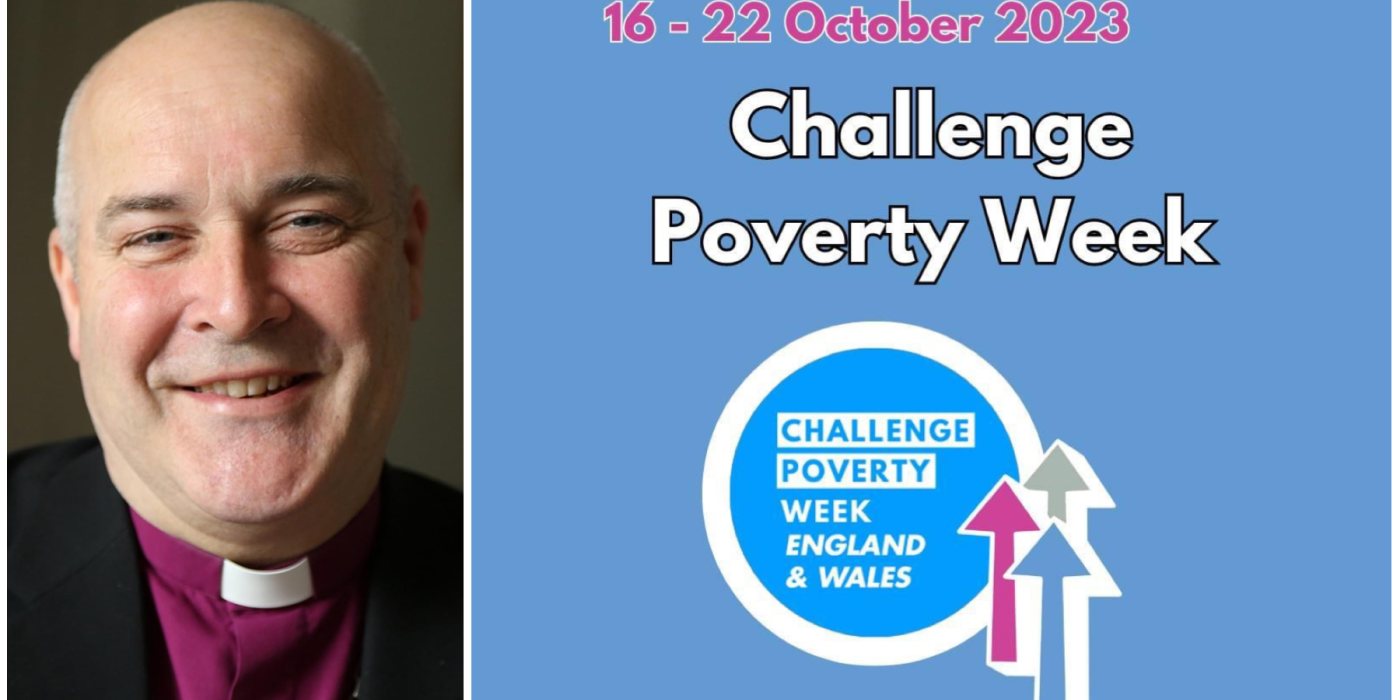
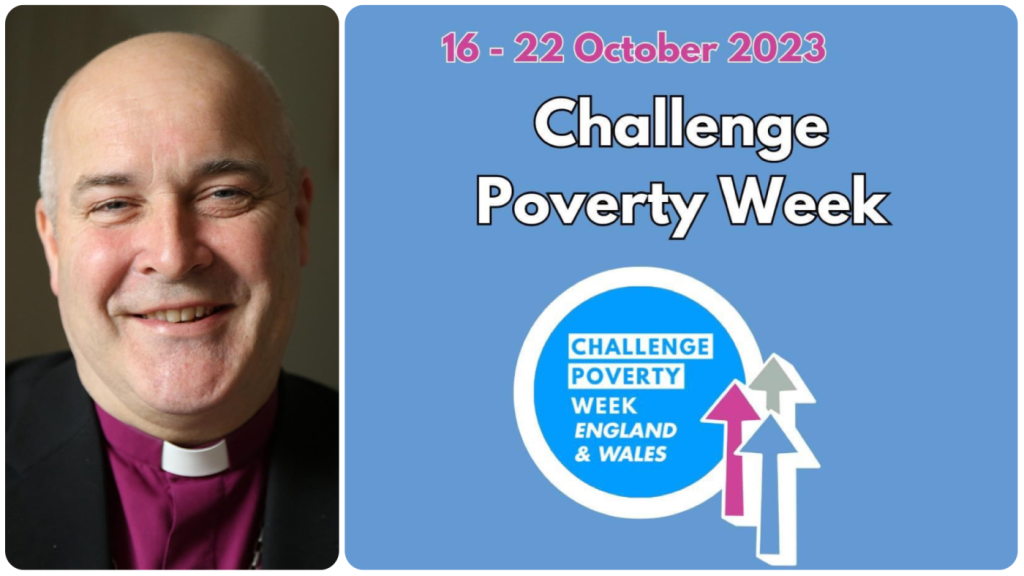
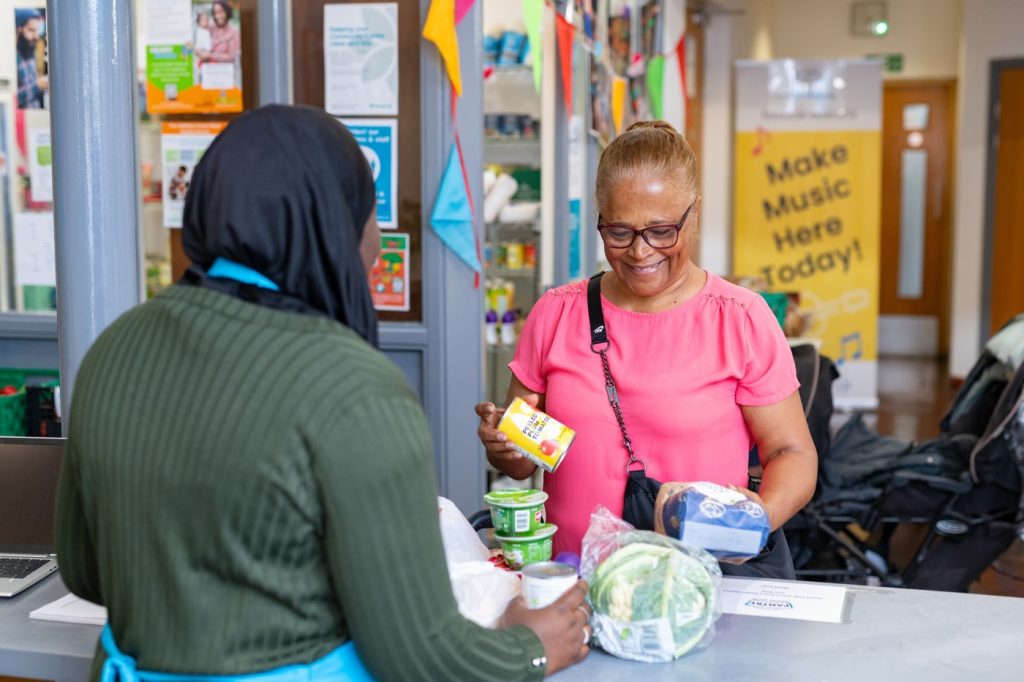
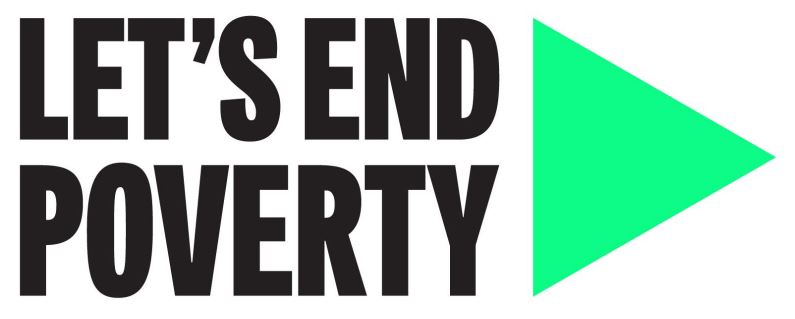
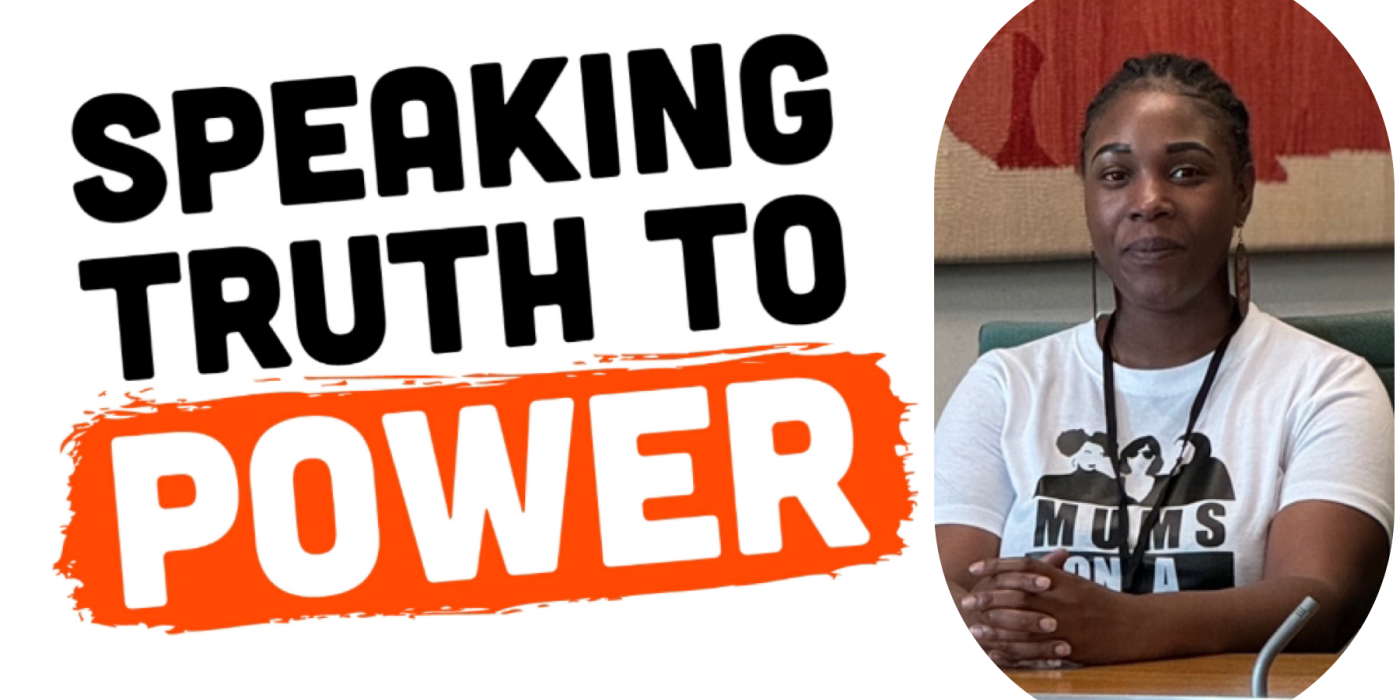
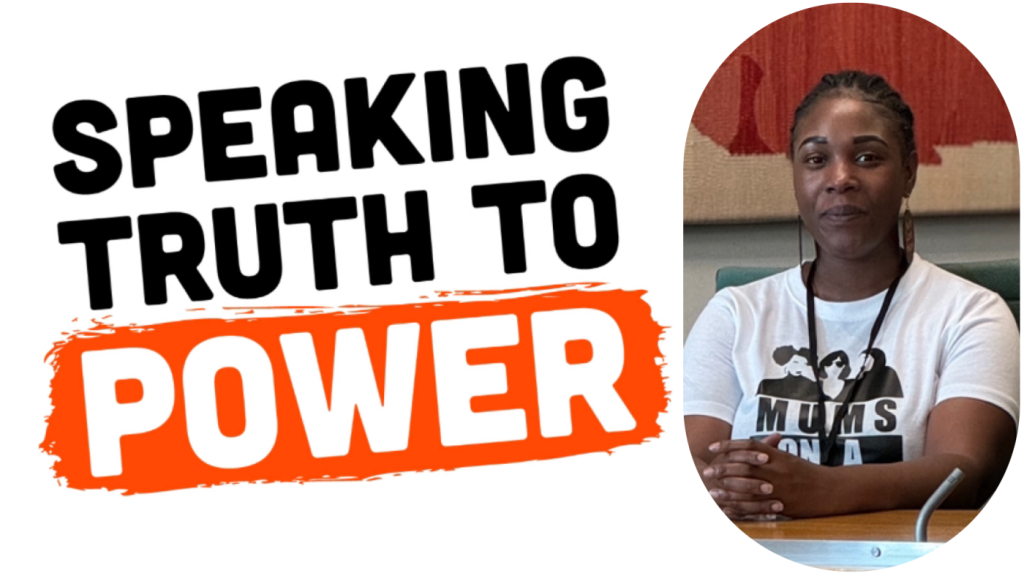
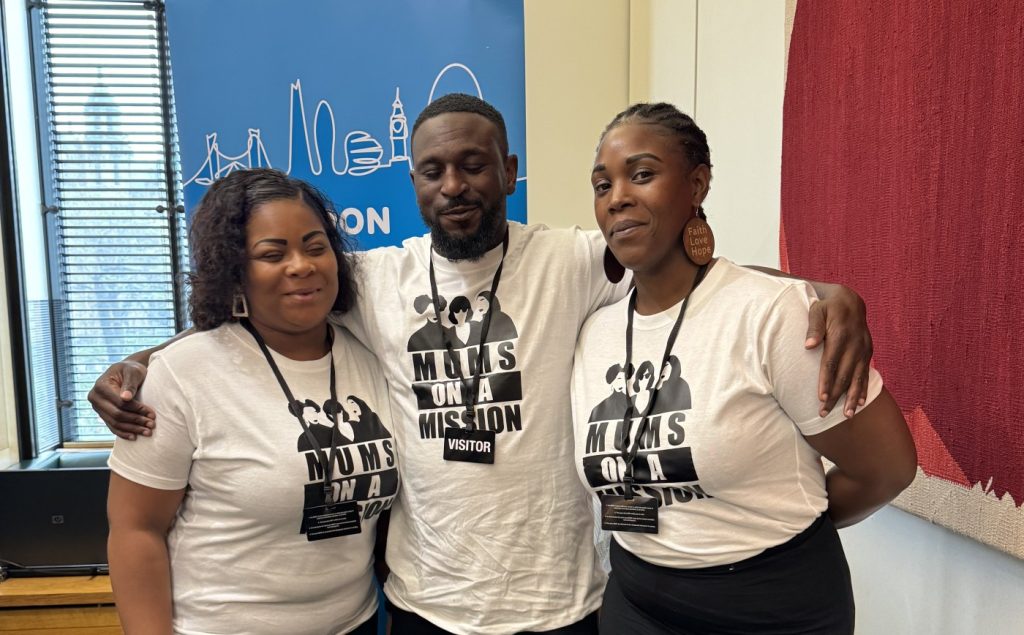

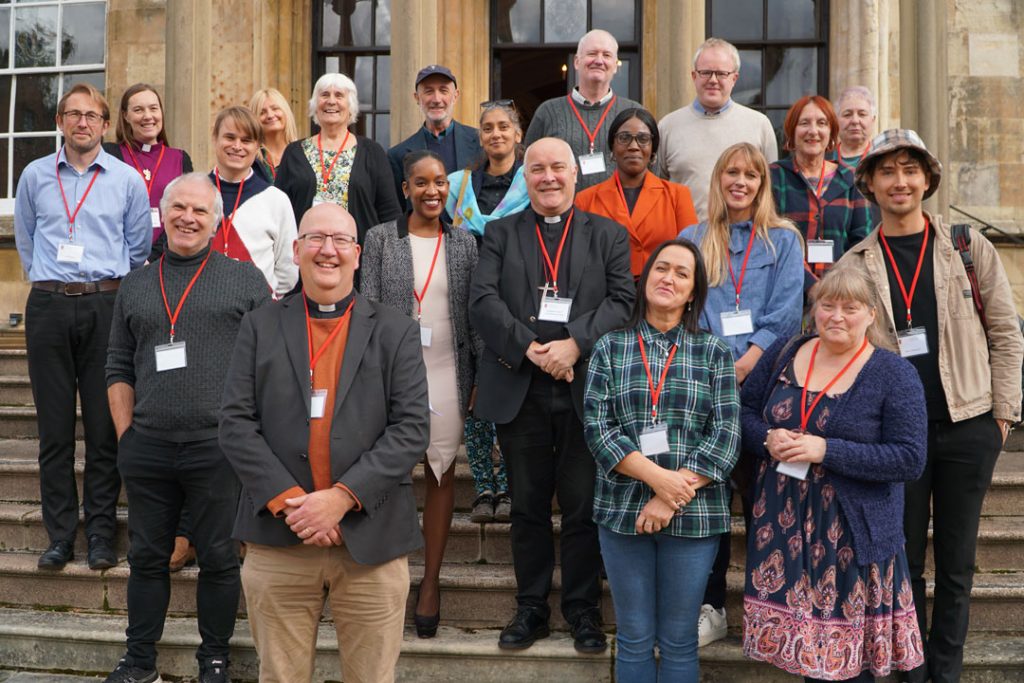


 Niall Cooper outlines the new Let’s End Poverty campaign, and how you can get involved.
Niall Cooper outlines the new Let’s End Poverty campaign, and how you can get involved.